
This block is also called the second-degree atrioventricular block and this problem is associated with irregularities of the heart's electrical conduction system. Basically, heart rate is slower or irregular if this condition is present. The organs in the body can function properly and smoothly only if the blood reaches them and for this, heart pump is used. There are several problems associated with the frequency disruption of the heart rate and one is the creation of the heart block. There is one type we will talk about in this text, and it is the second-degree heart block
Types of Second Degree Heart Block
Ventricles are the two bottom heart chambers and the atria are the ones located on the top. The tissue specialized for the conduction of the electrical signals is named atrioventricular node and this node is present in the chambers we have mentioned. The sending of the electrical impulses can be affected and this will cause problems with the heart rate. Normal heart rate is from 60 to 80 beats during one minute. Once the problem is present, a person suffers from a condition called AV block or heart block. Dropped beats are associated with the problem of signals not reaching ventricles from the atria. There are two types of second-degree heart block. The first one is also called Mobitz type 1 and causes the delay of the beats and eventually their skipping. The type 2 is associated with the slow heart beat caused by the lack of electrical signals in the ventricles, which cannot reach their destination. This type causes some greater problems then the first one, and it can be called Mobitz type 2.
Causes and Symptoms
The type of the block determines the cause of the problem. The causes associated with the type 1 are cardioactive drugs and high vagal tone, while people with structural heart diseases have increased chances of experiencing the problem in question. There are many inflammatory diseases that can lead to second-degree heart block. Some of them, along with other disease coming from different types of diseases, are cardiac tumor, Lyme disease, rheumatoid arthritis, hyperkalemia, sarcoidosis, acute rheumatic fever and many others. For the type 2 problem, atropine is usually given, but this medication is not effective for all causes of the problem. If this medication turns to be ineffective, explore other possibilities. But it is important never to label the problem as unimportant, especially the one produced by the second degree heart block, since this can bring your life in danger. The most common symptoms associated with this condition are fainting, dizziness, lightheadedness, fatigue, chest tightness and others.


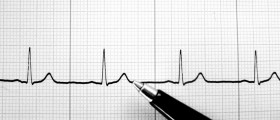
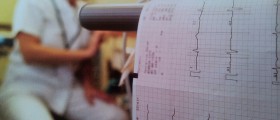
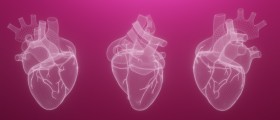





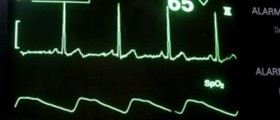
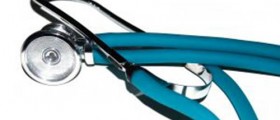

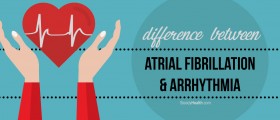

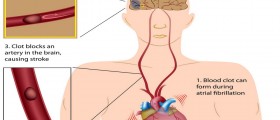

Your thoughts on this
Loading...